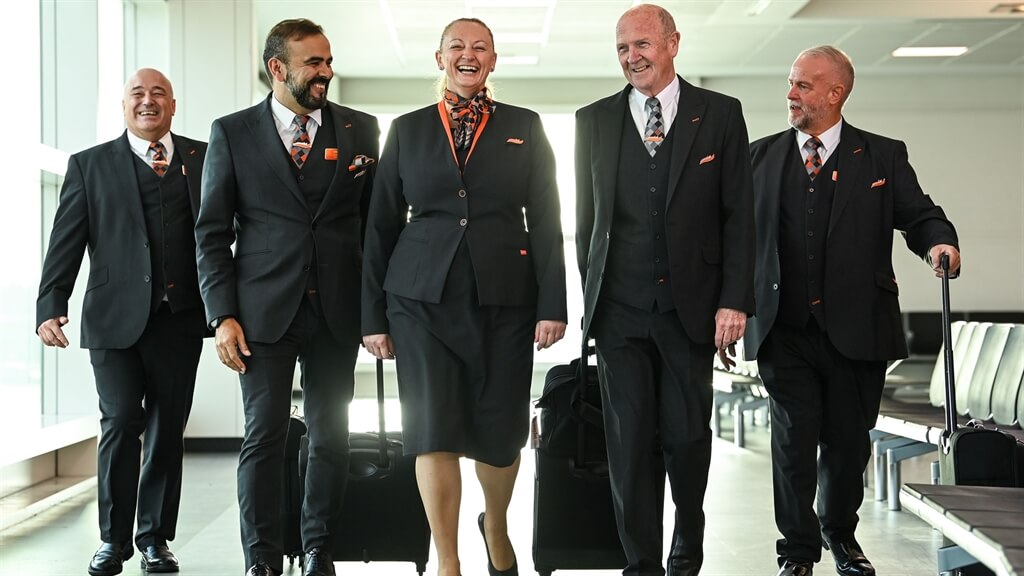ALMOST three-quarters of UK employers are turning to retirees to fill vacant job roles.
According to research by LinkedIn, companies including easyJet, Halfords and McDonald’s have implemented recruitment drives aimed at attracting an older workforce.
Brexit and Covid-19 have had a dramatic impact on the UK’s labour market, says Guy Garnett, principal consultant at New Street Consulting Group. The end of free movement has meant EU migrant workers no longer have an automatic right to work in the UK. Research from the Office of National Statistics shows many people are out of work due to long-term sickness, with those aged 25 to 34 worst affected.

“UK employers are looking to retirees and those aged 50 and over to plug their recruitment gap,” says Garnett. “From an employer’s perspective, an older workforce holds a wealth of experience and varied skills that are invaluable for business.”
He warns that employers should be cautious of unconscious bias, playing into preconceived notions, and similarity bias, where hiring managers subconsciously gravitate towards those most like themselves.
Either of these factors could result in a less diverse and less inclusive workplace. “Interview processes should be reviewed to ensure inclusivity by asking all candidates the same questions and ranking them based on skillset as opposed to gut feeling.”
Studies show diverse teams generate more “innovation revenue”, Garnett says. “And while ageism in the workplace has long been overlooked, this year’s push to hire ex-retirees will hopefully spark future discussion over how to make workplaces more inclusive for all age brackets.”




























